Coroner hands down findings after inquest into Keith Titmuss’ NRL death
A coroner has handed down his findings into the death of a promising NRL star who collapsed and died after a gruelling training session.
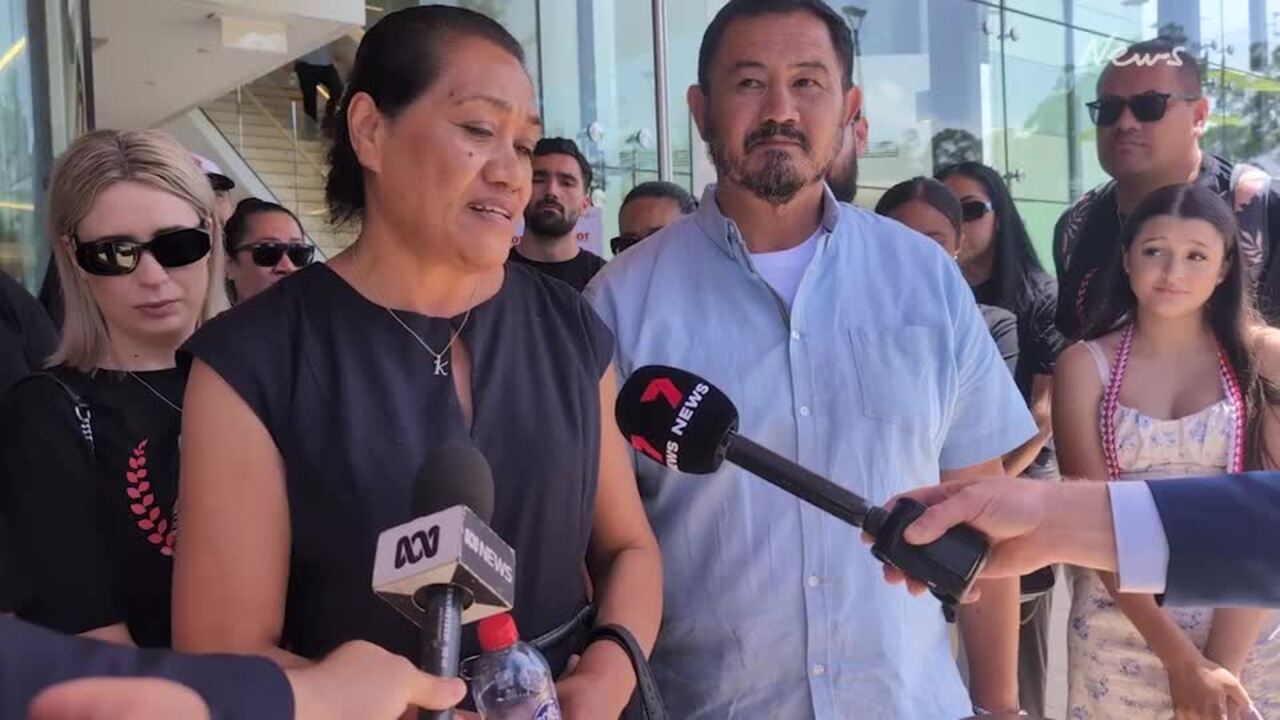
A coroner concluded a promising NRL star died after collapsing following an “inappropriate” pre-season training session after a weeks-long inquest into the sudden death.
Keith Titmuss lost consciousness after a 139-minute training session at the Manly Sea Eagles headquarters on Sydney’s northern beaches on November 23, 2020.
His teammates recalled watching in horror as his cramps became seizures before paramedics rushed him to hospital, where he suffered a cardiac arrest.
On Friday, Deputy State Coroner Derek Lee concluded the 20-year-old had died of exertional heat stroke after an inappropriately difficult training session.
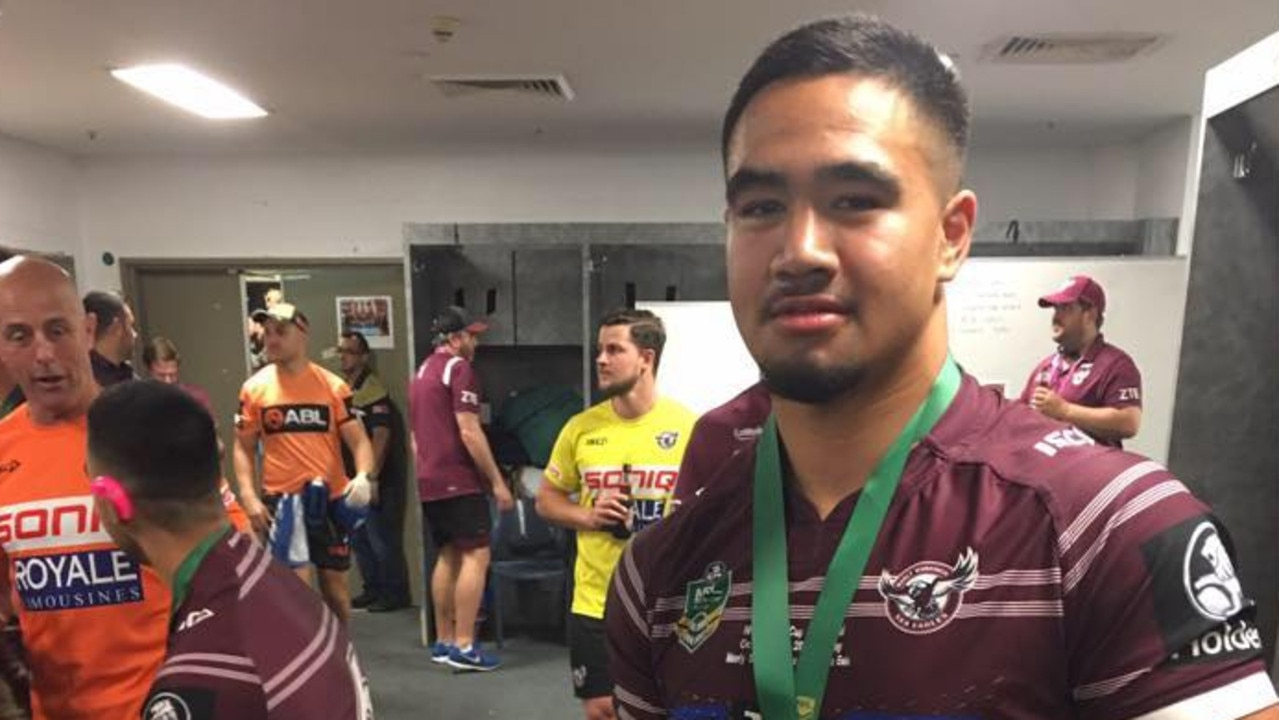
Mr Titmuss had been pushing himself for more than two hours in the first pre-season session of the year, which entailed an outdoor session and an indoor session in a “very hot, very humid” gym.
Mr Lee said the young forward was “most likely experiencing involuntary dehydration” by the time he entered the gym after the gruelling outdoor session.
He determined Mr Titmuss was “at greater risk” of suffering heat illness because of a number of risk factors, including his body mass, comparatively lower aerobic fitness and the hot indoor conditions.
The inquest was told the 20-year-old had gained more than four kilos during the off season and his fitness test scores suggested he was “the least fit member of the squad”.
The combination of risk factors meant the training session was “more likely than not inappropriate” for the young forward, who collapsed with a staggering temperature that paramedics measured at nearly 42C.
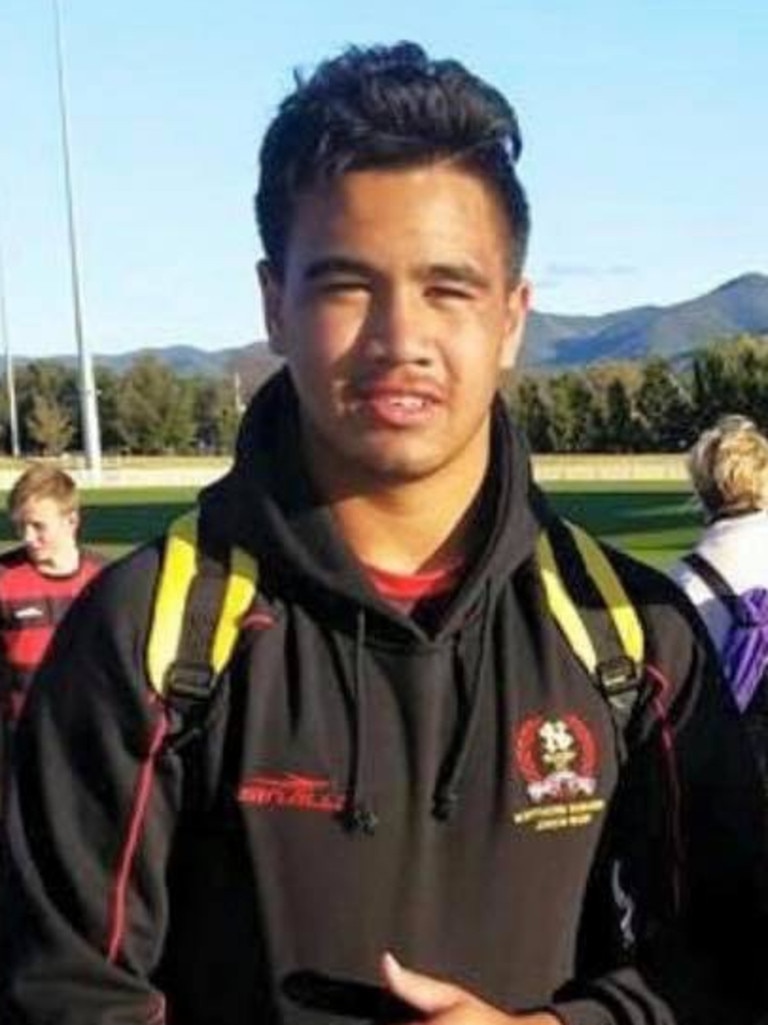
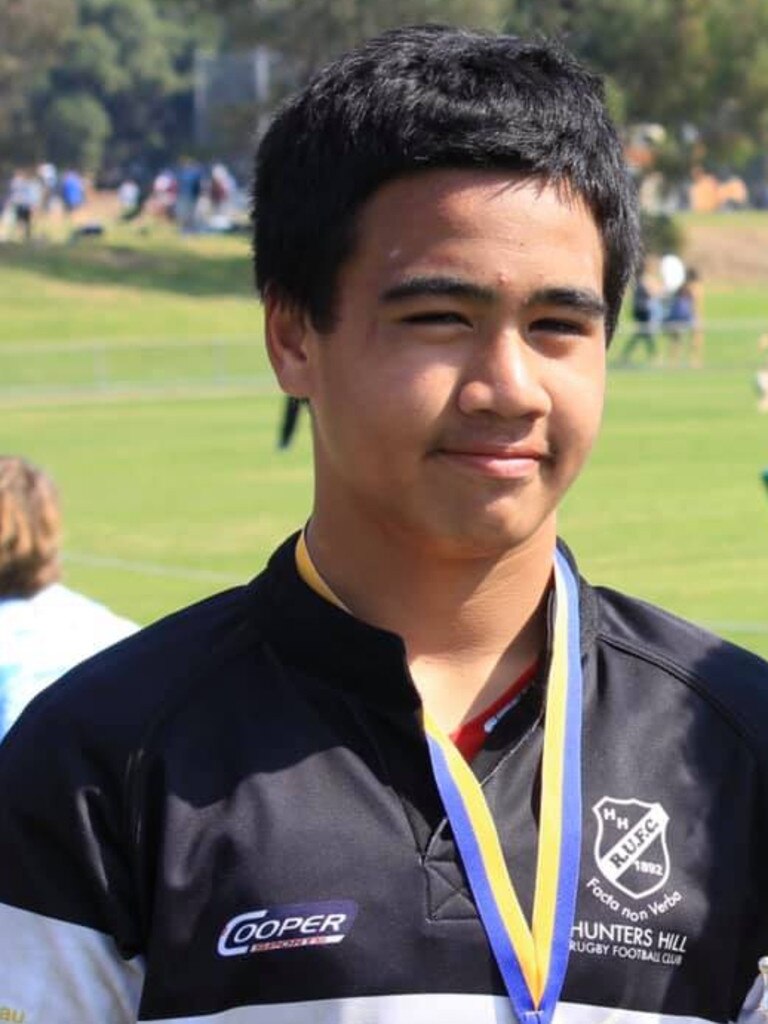
Mr Lee found Manly staff and paramedics had both reacted appropriately when treating Mr Titmuss’ alarming collapse and subsequent seizures.
“There is no evidence to suggest anything more could have been done by those immediately present,” he said.
In handing down his conclusions, the coroner recommended the NRL use Mr Titmuss’ death as a case study to educate players and staff, and to raise awareness of heat illness.
He suggested the NRL consider implementing a mandatory two-week graduated return to training program for players after the off-season and a requirement for a medical officer to sign off on strength and conditioning training programs.
Another key focus for the sport should be screening players to determine those at risk of heat illness and classifying them to ensure tailored training sessions, the coroner said.
He also endorsed a suggestion from Mr Titmuss’ family that the NRL enforce mandatory reporting of all heat-related injuries in order to create a comprehensive understanding of the pervasiveness of the issue.
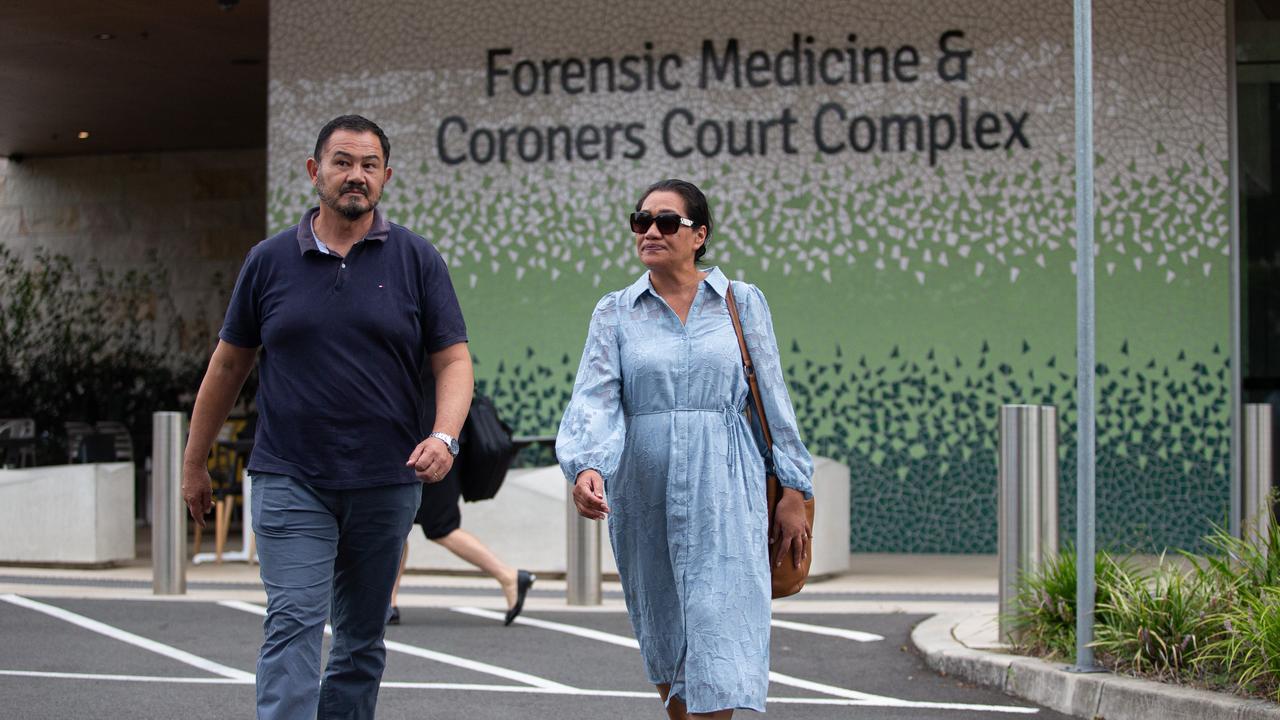
The inquest heard the 20-year-old’s death came just two years after Manly star Lloyd Perrett survived a “near miss” when he collapsed from heat exertion during pre-season training.
Mr Lee noted Manly’s record keeping surrounding heat illness and player welfare was “not sufficiently robust and reliable” and recommended the club review and improve its system.
He further suggested the NRL consider making it mandatory to report every heat illness incident experienced by players in training or games.
The suite of recommendations about improving the code’s heat policy are directed to an ongoing independent review the NRL has commissioned into heat illness.
Instead of directing the NRL, Mr Lee suggested his findings be taken into account during the landmark review conducted by two heat illness experts.
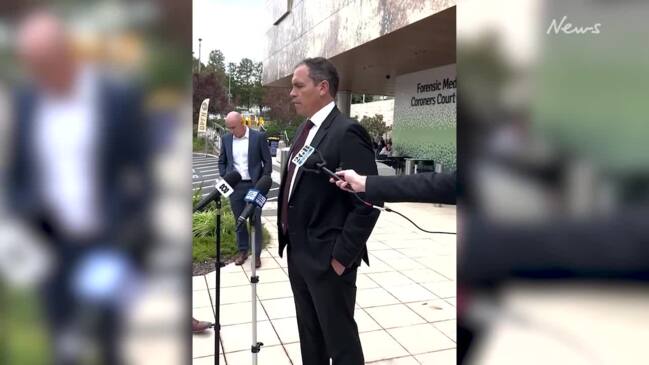
Mr Titmuss’ mother Lafo previously said she hoped the inquest could lead to changes for the sport her son loved so much.
“We are encouraged (by) the NRL’s internal review and its commitments to enhancing its knowledge and understanding across all clubs, staff and players,” she said.
“We hope the findings from this inquest will be instructive not just to the NRL but to sport across Australia and worldwide.”
At the time of his death, Mr Titmuss was on the cusp of his big break, after being elevated to the club’s top-30 squad.
Outside the NSW State Coroners Court, Manly chief executive Tony Mestrov said the club would fully adopt the recommendations handed down by the coroner.
“This can’t happen again in the game, we all understand that,” he said.
“We don’t want it to happen under Manly’s watch ever again.”
Ms Titmuss wiped away tears as she revealed it had been “very heartbreaking” to hear the details of her son’s last moments during the inquest.
“It’s been years in the making of understanding the cause of death and we now do,” Ms Titmuss said.
“We’re happy with the recommendations and we hope that all involved will take (them) on”.

She said the family and her son’s “trusted tribe of good friends he’s had since kindergarten” all hoped the NRL would implement the suggestions and not “underestimate the impact of heat”.
“Keith loved life and he loved rugby league,” his mother said.
“He was so looking forward to making his mark on the rugby league world.”
Mr Lee acknowledged the “tragic and devastating loss” of a “kind, gentle, respectful” young man whose family will remember him as a “larrikin”.
In a statement, the NRL said it had already begun working on the coroner’s recommendations and promised to commission experts to further review and improve policies.
“We express our deepest condolences to Keith’s family and friends,” the statement said.




